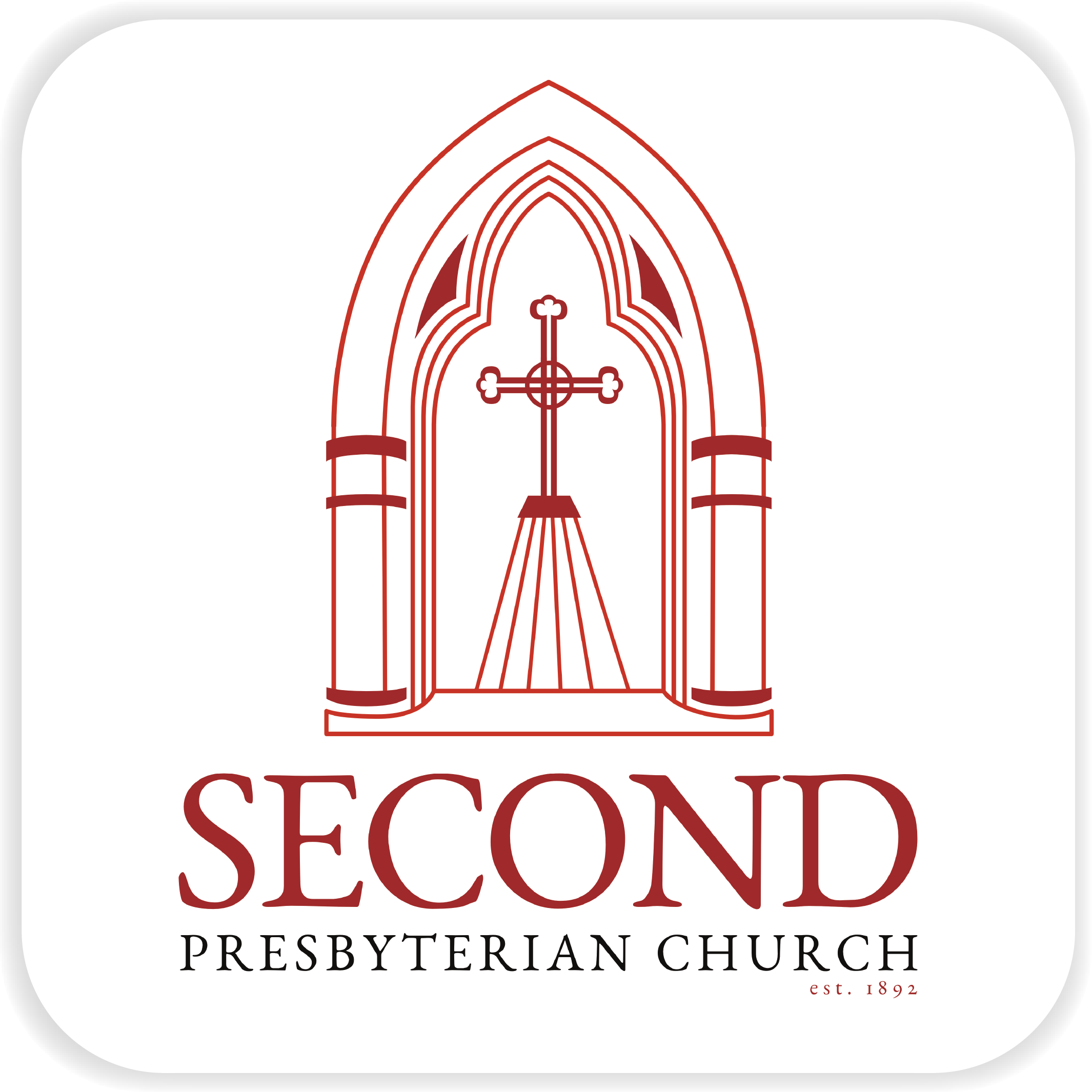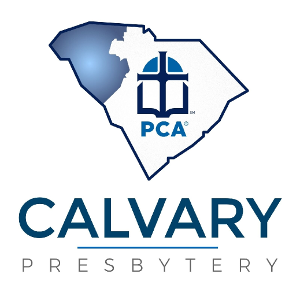The Lord’s Supper connects with practically every redemptive theme of the Bible. This is no surprise, since all of our life in Christ, the whole spectrum of Christian salvation, passes through the cross of our Lord, which is the explicit subject of the Lord’s Supper. I would like, however, to suggest a few redemptive themes that are especially connected to the Lord’s Supper and which may serve as examples of a much larger whole of related themes.
Undoubtedly, the primary Old Testament reference for this sacrament is the Passover of Israel. When we gather before the Lord’s Table, we should remember Israel’s deliverance from bondage to Pharaoh and think of our own redemption from the Egypt of our sin. We should recall how the lamb’s blood turned away God’s wrath. We should also remember our pilgrim status in this world, and the bitterness of life and the afflictions recalled to us by the unleavened bread. One of our great communion hymns, written in the 8th century by John of Damascus, reminds us eloquently of our fellowship with the exodus Israelites:
Come, ye faithful, raise the strain of triumphant gladness God hath brought his Israel into joy from sadness; Loosed from Pharaoh’s bitter yoke Jacob’s sons and daughters; Led them with unmoistened foot through the Red Sea waters.
We should also recall the events of the night on which our Lord instituted the Supper. The disciples heard with dismay Christ’s words of the cross; now this Supper was given to them as a means of comfort. Especially significant are the two cups of which Jesus spoke: the cup of fellowship and gladness he offered to the disciples, which he offers still to us today, and the cup of wrath about which our Lord prayed in the Garden of Gethsemane, a cup he alone would drink to the bottom. Believers should look with hope toward the wedding feast of the Lamb to which we are invited through Jesus’ death (Rev. 19:9), the very wine of heaven which in the Supper we now drink by faith.
Moreover, the Lord’s Supper contains a lesson on the history of redemption. It directs us to the past, as our Lord commanded us to “do this in remembrance of me.” Christians are people who look back on the death of Christ as the pivotal moment in history. But Christians also look forward, even as Paul tells us, “For as often as you eat this bread and drink the cup, you proclaim the Lord’s death until he comes” (1 Cor. 11:26). We are those whose eyes are fixed on the future horizon when our Lord returns in glory and in power. But the sacrament also speaks to the present. Christians gather before the Lord’s table like Israel in the desert seeking provision. We are pilgrims on our sojourn to Canaan, and here is the spiritual manna from which we gain strength for the long journey ahead. Here is the drink for the parched lips of our souls, brought forth not by the striking of the rock but by the striking of Christ upon the cross. Like Abraham coming to Melchizedek from the weariness of his battles, we come to Christ to be fed, provisioned, refreshed, and renewed. Horatius Bonar has us therefore sing:
Here would I feed upon the bread of God, Here, drink with thee the royal wine of heaven; Here would I lay aside each earthly load, Here taste afresh the calm of sin forgiv’n.
In administering the Lord’s Supper, I usually try to tie it in to the gospel message that preceded it in the sermon. In an important way, the sacrament as a means of grace is subordinate to the preached Word, since only God’s Word has power to convert. Yet in an equally important way, the Lord’s Supper is a most direct application of the preached gospel, as it personally confronts each person present with the reality of his or her own relationship to Jesus Christ. People may endure the sermon with studied indifference, but when the bread and the cup are set before them they must make a decision about what they are going to do. For when the elders bring the elements of the Supper to the congregation, each of you must assess the actual religion you profess.
Do you rely on the death of Christ as your only hope of life and eternity? And do you commit yourself sincerely in faithfulness to Jesus as your covenant Lord, having publicly professed your faith by joining Christ’s church? Have your thoughts and deeds reflected this commitment, and are their matters you need to bring to Christ in prayer before you sit before His Table? Here is the true altar call set before the assembled church, where weary Christians are called to revival and unbelievers are confronted with the consequences of their alienation from Christ.
First published in The West End Herald, March 11, 2019


